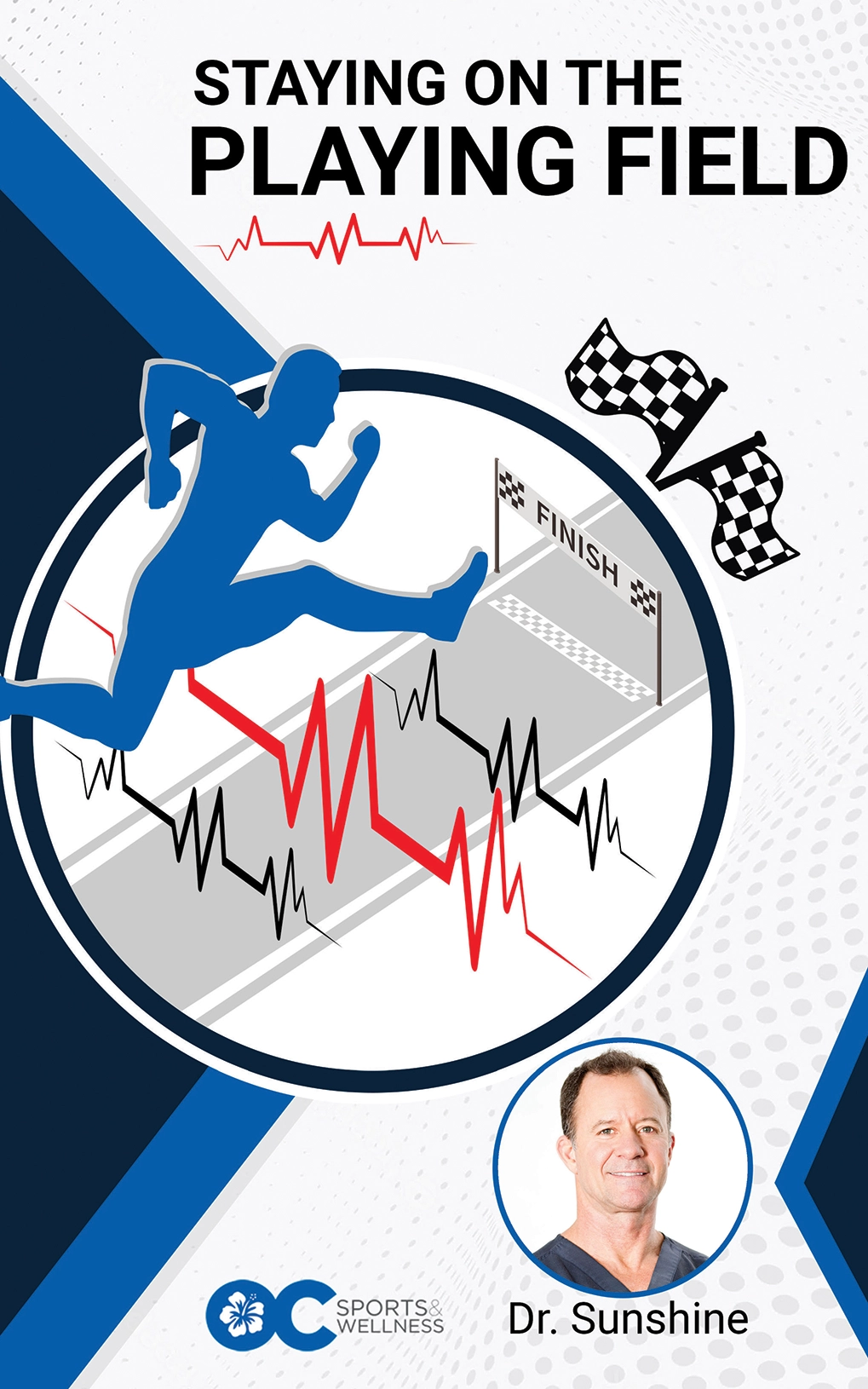Understanding hormonal imbalances in adults is crucial for maintaining overall well-being. Learn about the causes, symptoms, and treatments for hormonal imbalances, which offering hope and guidance for those affected.
What are Hormonal Imbalances?
Hormones are the body’s chemical messengers, orchestrating various functions, from metabolism and mood to growth and fertility. When these hormones fall out of balance, it can lead to many symptoms and health issues.
Hormonal imbalances occur when there is too much or too little hormone in the bloodstream. Due to their essential role in the body, even minor imbalances can significantly affect health and well-being. Hormones are produced by the endocrine glands, which include the thyroid, adrenal glands, pancreas, ovaries, and testes.
Common Causes
- Stress: Chronic stress can lead to elevated cortisol levels, disrupting the balance of other hormones.
- Diet and Nutrition: Poor diet, excessive sugar intake, and deficiencies in essential nutrients can affect hormone production.
- Medical Conditions: Conditions such as diabetes, thyroid disorders, and polycystic ovary syndrome (PCOS) can cause hormonal imbalances.
- Age: Aging naturally affects hormone levels, with significant changes occurring during menopause and andropause.
- Lifestyle Factors: Lack of sleep, excessive exercise, or a sedentary lifestyle can impact hormonal balance.
- Environmental Toxins: Exposure to chemicals and pollutants can interfere with endocrine function.
Common Symptoms
The symptoms of hormonal imbalances vary widely depending on the specific hormones affected. Common symptoms include:
- Fatigue: Persistent tiredness not relieved by rest.
- Weight Changes: Unexplained weight gain or loss.
- Reproductive Issues: Irregular periods, low libido, infertility.
- Digestive Problems: Bloating, constipation, or diarrhea.
- Mood Swings: Irritability, anxiety, or depression.
- Skin Issues: Acne, dry skin, or thinning hair.
- Sleep Disturbances: Insomnia or poor sleep quality.

Specific Hormone Imbalances
Hypothyroidism
- Symptoms: Fatigue, weight gain, cold intolerance, dry skin, and depression.
- Treatment: Thyroid hormone replacement therapy, lifestyle and dietary changes.
Hyperthyroidism
- Symptoms: Weight loss, rapid heartbeat, anxiety, and excessive sweating.
- Treatment: Anti-thyroid medications, radioactive iodine, or surgery.
Polycystic Ovary Syndrome (PCOS)
- Symptoms: Irregular periods, acne, excess hair growth, and infertility.
- Treatment: Birth control pills, insulin-sensitizing drugs, and lifestyle modifications.
Adrenal Insufficiency (Addison’s Disease)
- Symptoms: Fatigue, muscle weakness, weight loss, and low blood pressure.
- Treatment: Hormone replacement therapy, stress management, and dietary adjustments.
Diagnosing
Diagnosis typically involves:
- Medical History and Physical Exam: Understanding symptoms and health history.
- Blood Tests: Measuring hormone levels in the blood.
- Imaging Tests: Ultrasound, MRI, or CT scans to check for gland abnormalities.
- Other Tests: Urine or saliva tests for certain hormones.
Treatments
- Medications: Hormone replacement therapies, birth control pills, or medications to manage symptoms.
- Lifestyle Changes: Improving diet, increasing physical activity, reducing stress, and ensuring adequate sleep.
- Diet and Nutrition: Consuming a balanced diet rich in essential nutrients, avoiding processed foods, and staying hydrated.
- Natural Remedies: Herbal supplements, acupuncture, and bioidentical hormone therapy.
- Therapies: Cognitive-behavioral therapy (CBT) for managing stress and mood swings.
Hormonal Imbalances in Men and Women
Women
Reproductive hormones can particularly influence hormonal imbalances in women. Common conditions and stages include:
- Polycystic Ovary Syndrome (PCOS): Causes irregular periods, excessive hair growth, acne, and infertility.
- Menopause: Natural decline in reproductive hormones causing hot flashes, night sweats, and vaginal dryness.
- Pregnancy and Breastfeeding: Major hormonal shifts impacting mood, metabolism, and overall health.
Men
Men also experience hormonal imbalances commonly related to testosterone. Symptoms and conditions include:
- Low Testosterone: Causes fatigue, depression, decreased libido, and erectile dysfunction.
- Andropause: Age-related decline in testosterone levels leading to similar symptoms as low testosterone.
Symptoms of Hormonal Imbalance in Women
- Heavy or irregular periods, including missed periods, a stopped period, or a frequent period
- Hirsutism, or excessive hair on the face, chin, or other parts of the body
- Acne on the face, chest, or upper back
- Hair loss
- Darkening of the skin, especially along neck creases, in the groin, and underneath the breasts
-
Skin tags
-
Vaginal dryness
-
Vaginal atrophy
-
Pain during sex
-
Night sweats
-
Headaches
Symptoms of Hormonal Imbalance in Men
- Gynecomastia, or the development of breast tissue
- Breast tenderness
- Loss of muscle mass
- Loss of bone mass, otherwise known as osteoporosis
- Erectile dysfunction (ED)
- Decrease in beard growth and body hair growth
-
Difficulty concentrating
-
Hot flashes
Common Treatments for Hormonal Imbalances
- Hormone Replacement Therapy (HRT): Used to treat symptoms of menopause and low testosterone.
- Estrogen Therapy: For menopausal symptoms like hot flashes.
- Testosterone Therapy: For men with low testosterone levels.
- Vaginal Estrogen: For vaginal dryness and atrophy.
- Hormonal Birth Control: To regulate menstrual cycles and treat acne or excess hair growth.
- Anti-Androgen Medications: To block the effects of male hormones in women.
- Thyroid Hormone Therapy: For hypothyroidism.
- Insulin-Sensitizing Drugs: Such as Metformin for PCOS.
Natural Remedies and Supplements
There are many nutritional supplements on the market that claim to treat menopause and hormone imbalance. However, few of them are backed up by scientific evidence.
Many of these supplements contain plant-derived hormones. These are sometimes called “bioidentical” hormones because they chemically resemble the body’s natural hormones. There’s no evidence to suggest that they work better than regular hormone therapy, though.
Some people find that yoga helps treat symptoms of hormonal imbalance. Yoga is excellent for your strength, flexibility, and balance. It may also aid in weight loss, which can help regulate your hormones.
Lifestyle Changes for Hormonal Balance
- Eat a Balanced Diet: Focus on whole foods, lean proteins, healthy fats, and plenty of fruits and vegetables.
- Exercise Regularly: Engage in regular physical activity to support overall health and hormone regulation.
- Manage Stress: Practice relaxation techniques like yoga, meditation, or deep breathing exercises.
- Get Adequate Sleep: Aim for 7-9 hours of sleep per night to support hormone production and regulation.
- Avoid Toxins: Reduce exposure to environmental toxins by choosing natural products and avoiding known endocrine disruptors.
Hormonal imbalances can be challenging, but understanding their causes, symptoms, and treatments can empower you to take control of your health. By making informed lifestyle choices and seeking appropriate medical care, you can restore balance and improve your quality of life. Stay proactive about your hormonal health, and remember, small changes can make a big difference!
We hope this information is helpful. At OC Sports and Wellness in Orange County, we understand the importance of balancing your health amidst a busy lifestyle. We offer convenient options for scheduling visits, texting, or video chatting with Dr. Sunshine. Let’s work towards your well-being! We invite you to reach out: 949-460-9111



